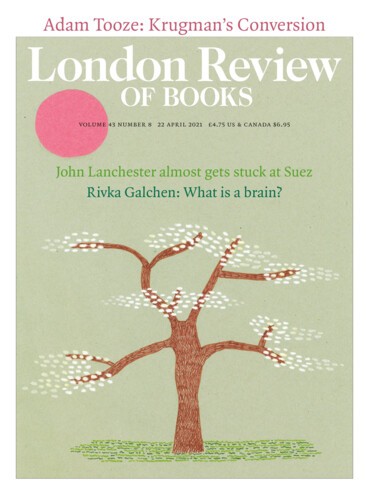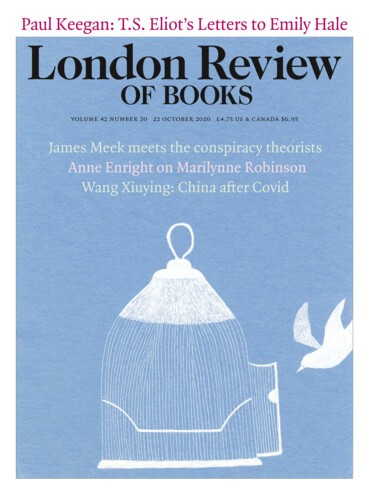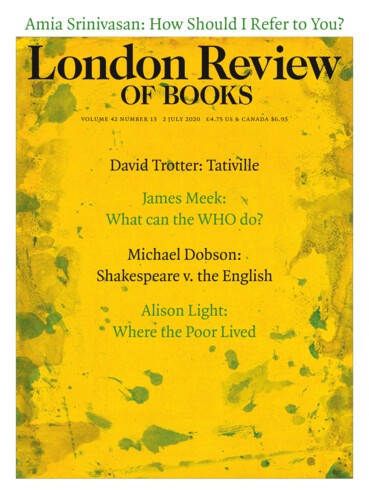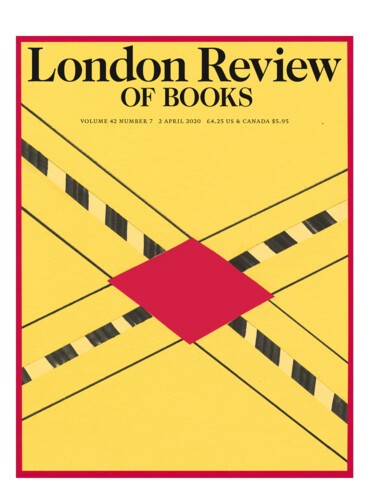The plague may have heightened awareness among the peasantry that communicating with God through a priest and doing their manorial lord’s work for free was something they acquiesced to, rather than the natural state of things, but these were customs and rituals linked directly to essential matters, eternal life and bread. With us, it is the reverse. Our practices, lost not as a direct result of epidemic mortality but the frantic effort to prevent it, seemed when we had access to them to be merely things we did, but can now be seen as substitutes for existential meaning: the office, the pub, the restaurant, the foreign holiday, the cruise. When you aren’t going anywhere, the danger is that you might start seeing the way things are going. Just as medieval peasants wondered whether the world would end if they refused to give their lord their labour for free, we might find ourselves wondering why, if the world is capable of mustering so much financial and material firepower to fight Covid-19 and save businesses from going under, it can’t muster it for other purposes.
When you aren’t going anywhere, the danger is that you might start seeing the way things are going. Just as medieval peasants wondered whether the world would end if they refused to give their lord their labour for free, we might find ourselves wondering why, if the world is capable of mustering so much financial and material firepower to fight Covid-19 and save businesses from going under, it can’t muster it for other purposes.





